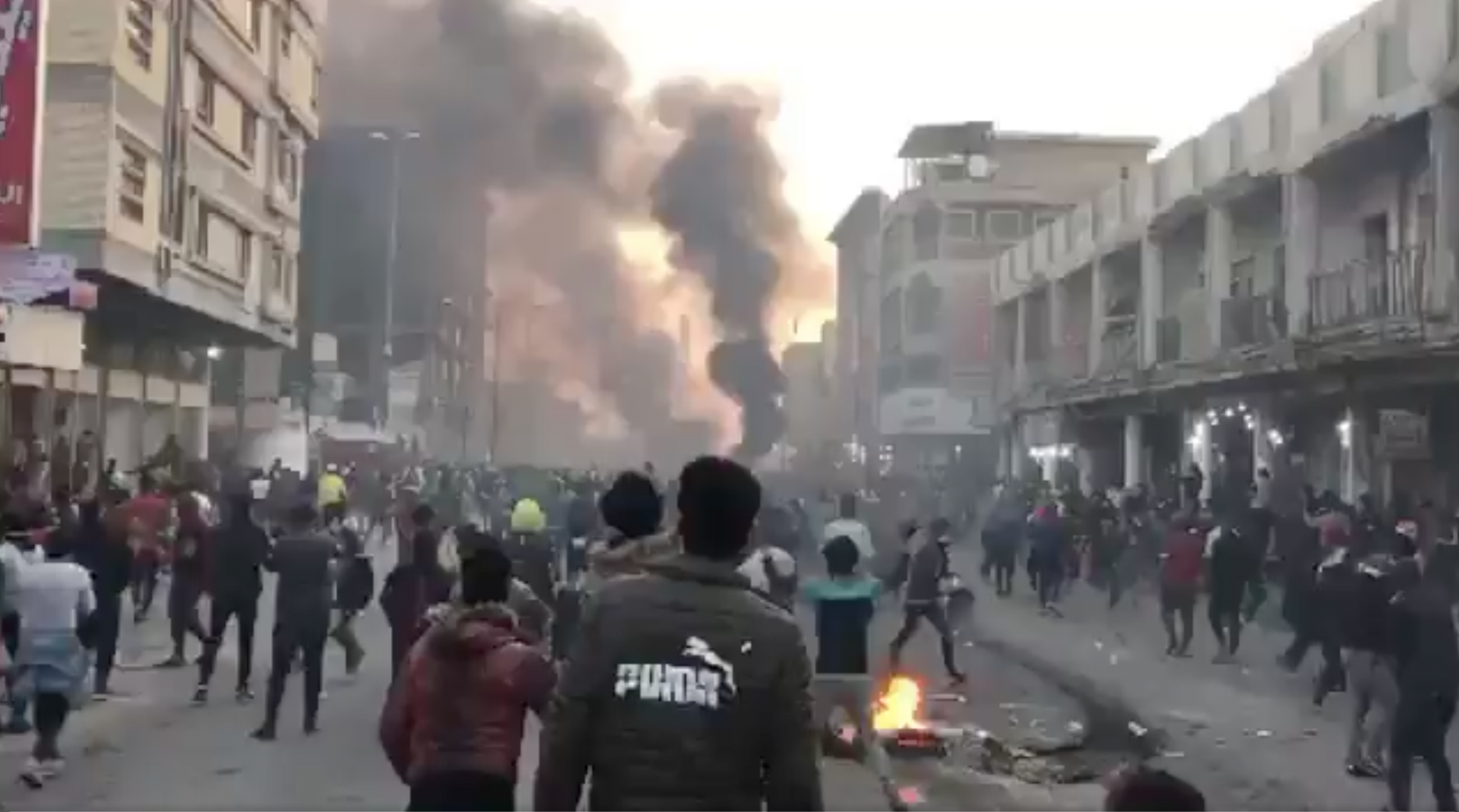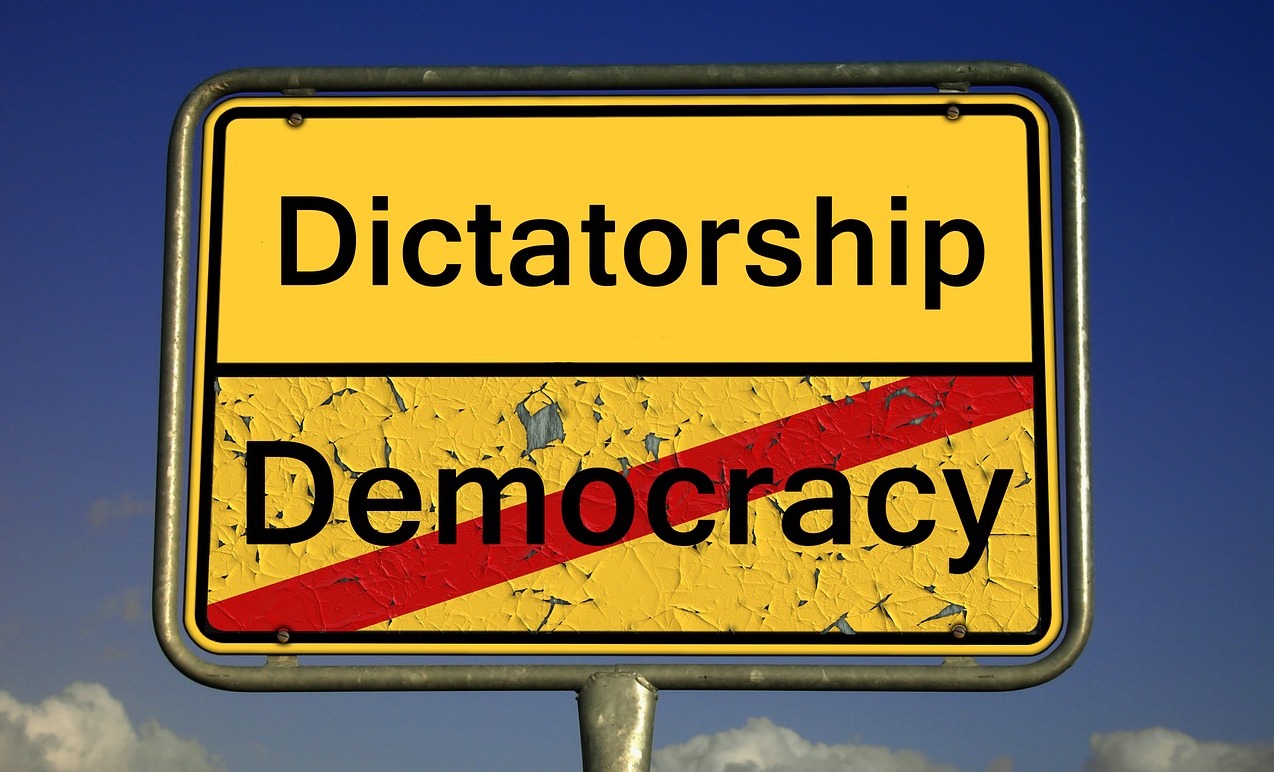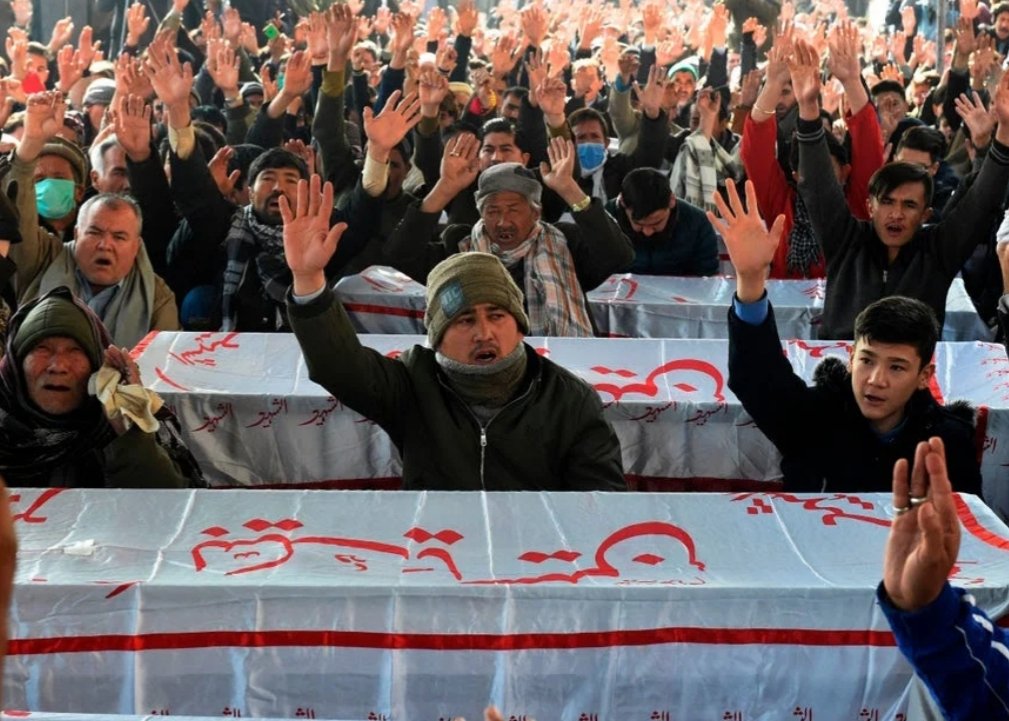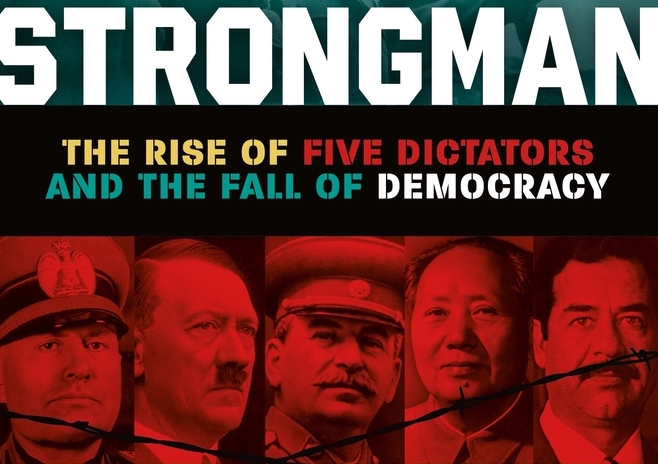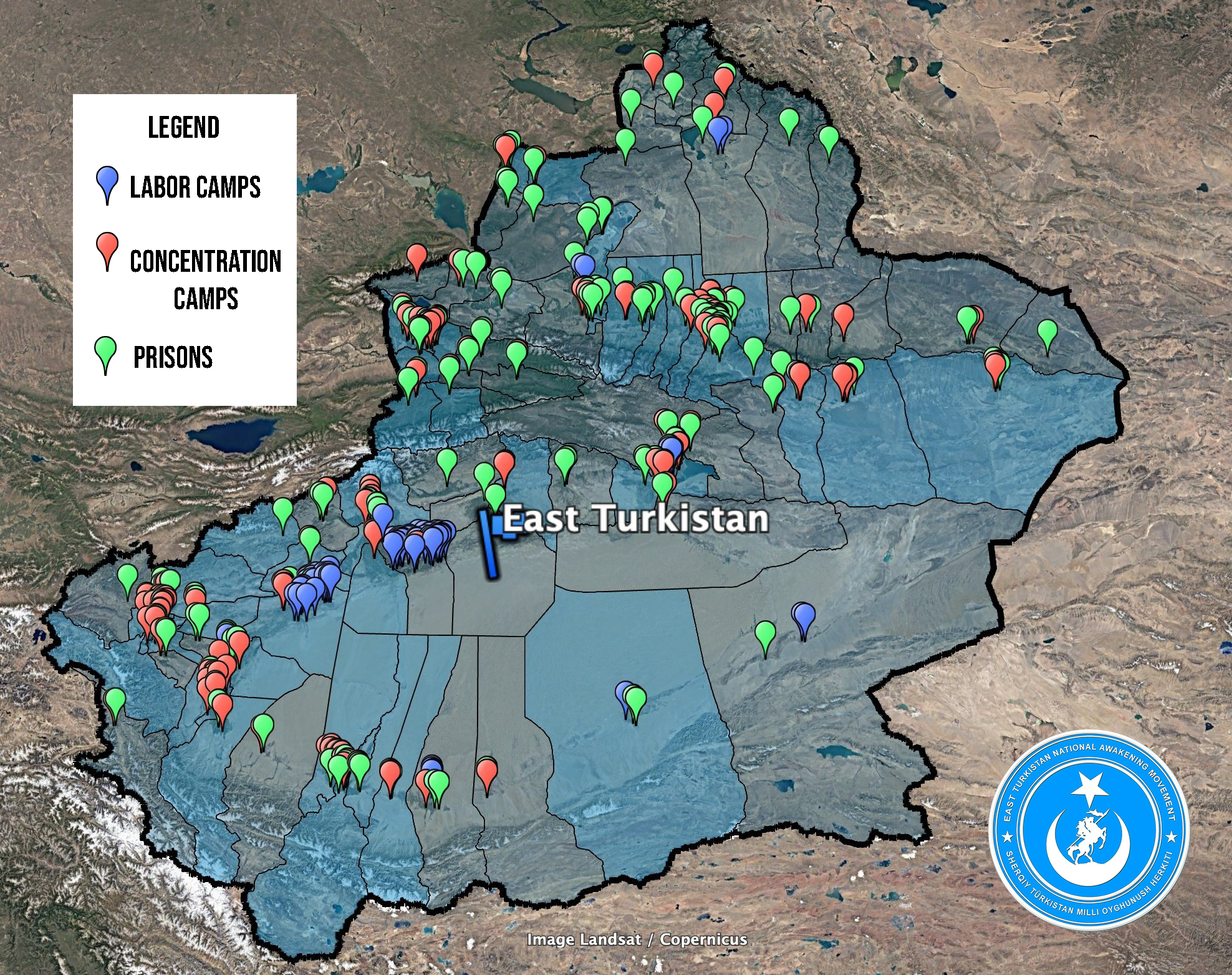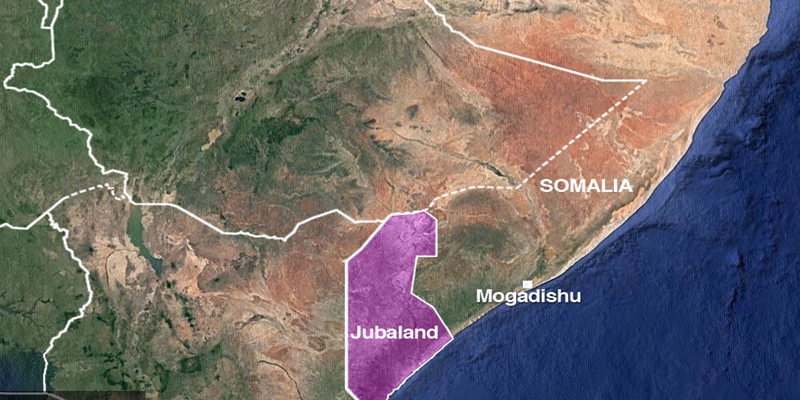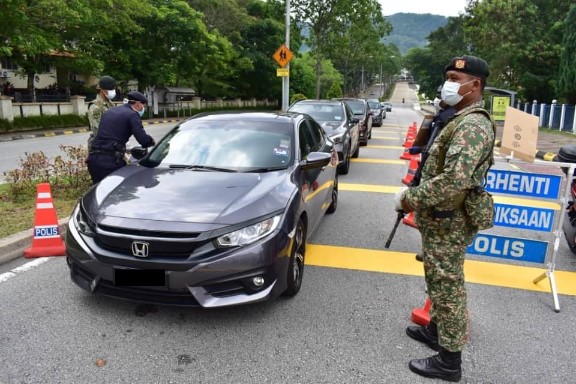
Malaysia: elections suspended amid lockdown
Authorities in Malaysia have declared a state of emergency that suspends Parliament and puts on hold any new general elections at least through August. The order is ostensibly a measure to contain COVID-19, coming as Kuala Lumpur and other cities are being placed under near-total lockdown. But critics are portraying it as a ploy by embattled Prime Minister Muhyiddin Yassin to remain in power despite a corruption scandal engulfing his ruling party, the right-wing United Malays National Organization (UMNO). The accusations prompted Muhyiddin to go on national television after the declaration to insist the move is “not a military coup.” But the left-opposition Pakatan Harapan alliance issued a statement assailing Muhyiddin over the order: “Do not hide behind COVID-19 and burden the people with a declaration of emergency for the sake of saving yourself.” (Photo via CodeBlue)



